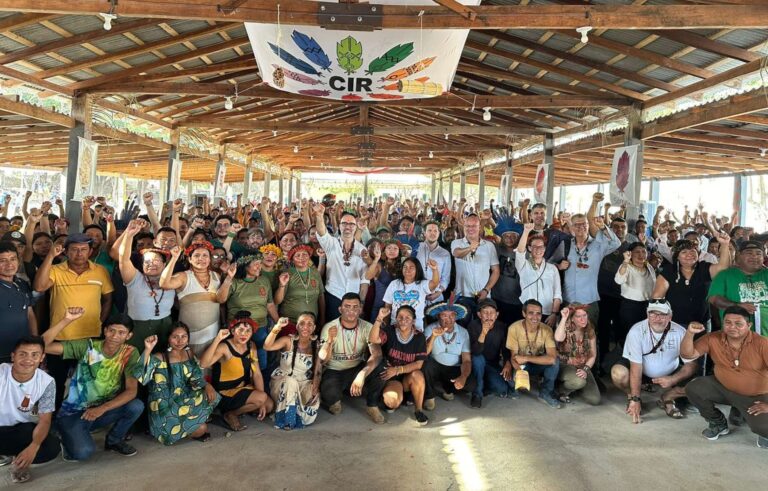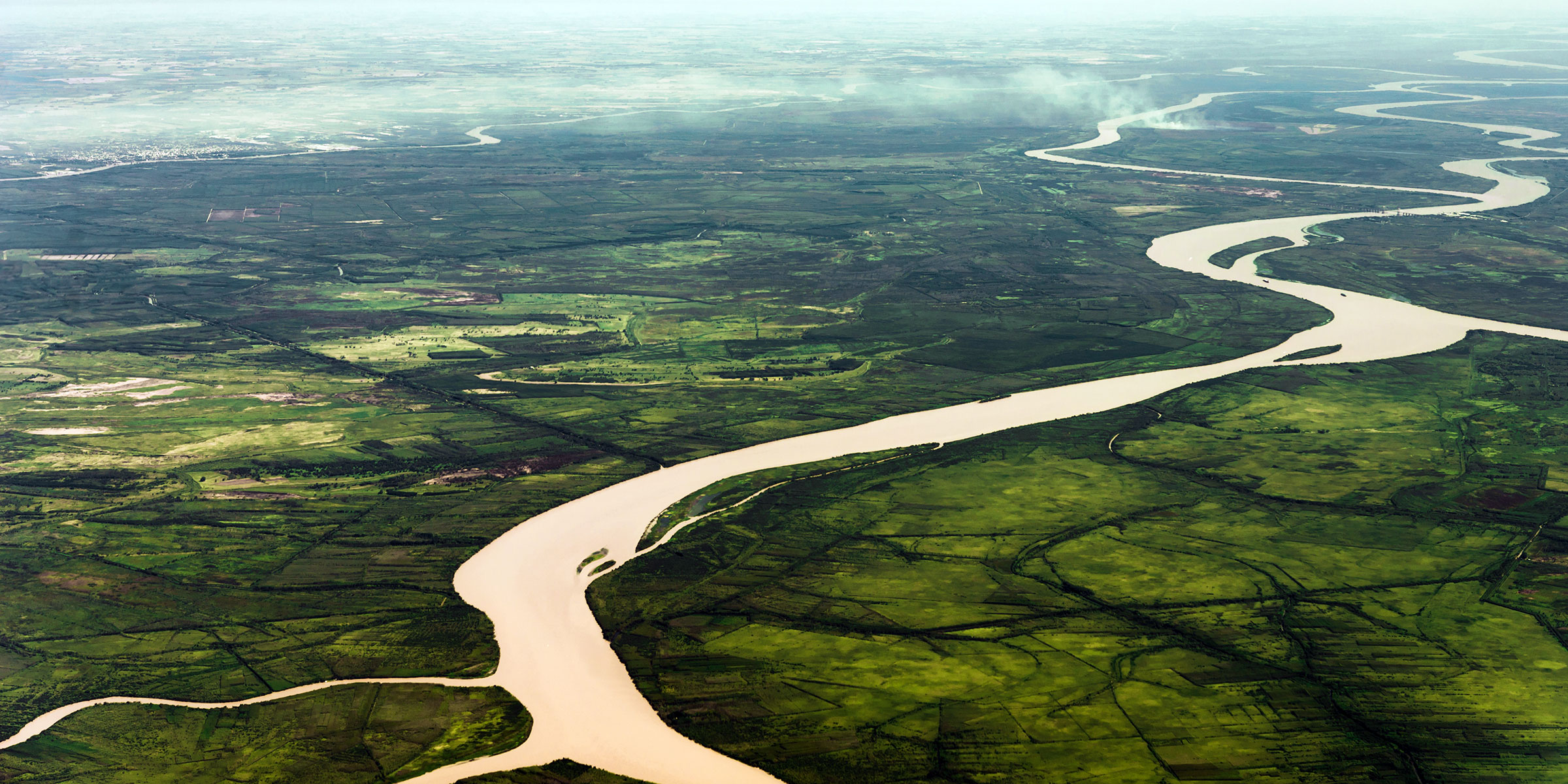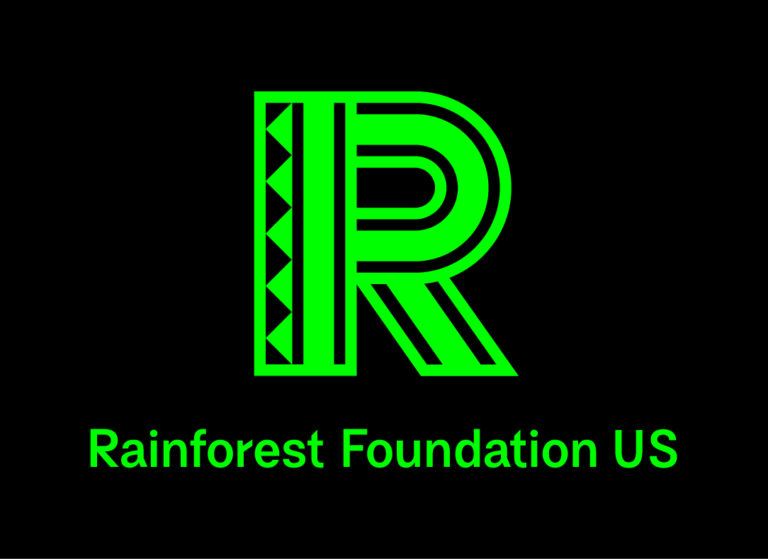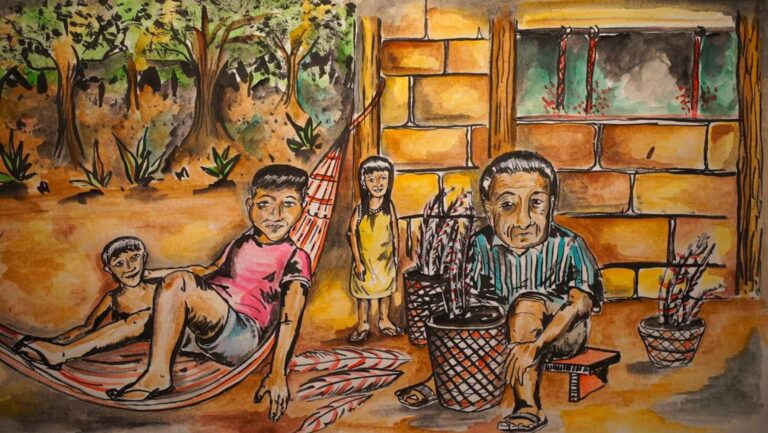
RFUS Joins Indigenous Leaders to Address Climate Challenges and Community Rights in Roraima, Brazil
We have expanded our programming in Brazil to focus on territorial defense, Indigenous governance, and territorial control through community-led forest patrolling. Learn more about our recent visit to Brazil, where we strengthened ties with partners in Roraima, including the Indigenous Council of Roraima’s (CIR), Hutukara – Yanomami Association, Seduume, and Wai-Wai organizations.




